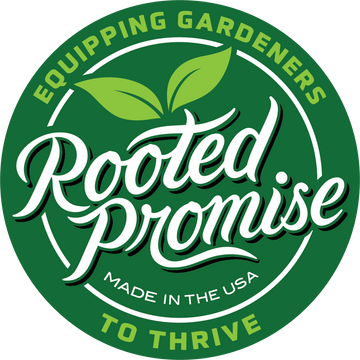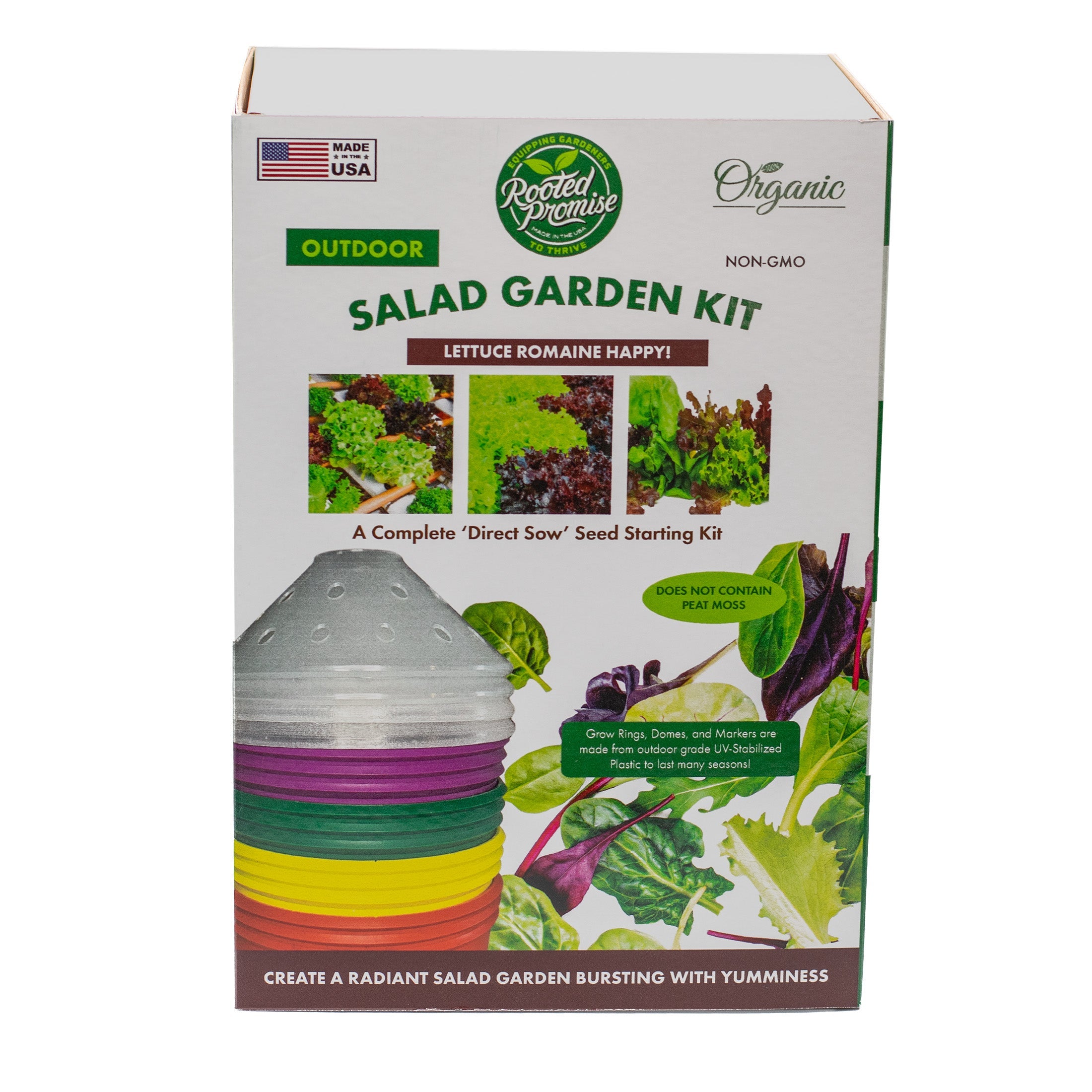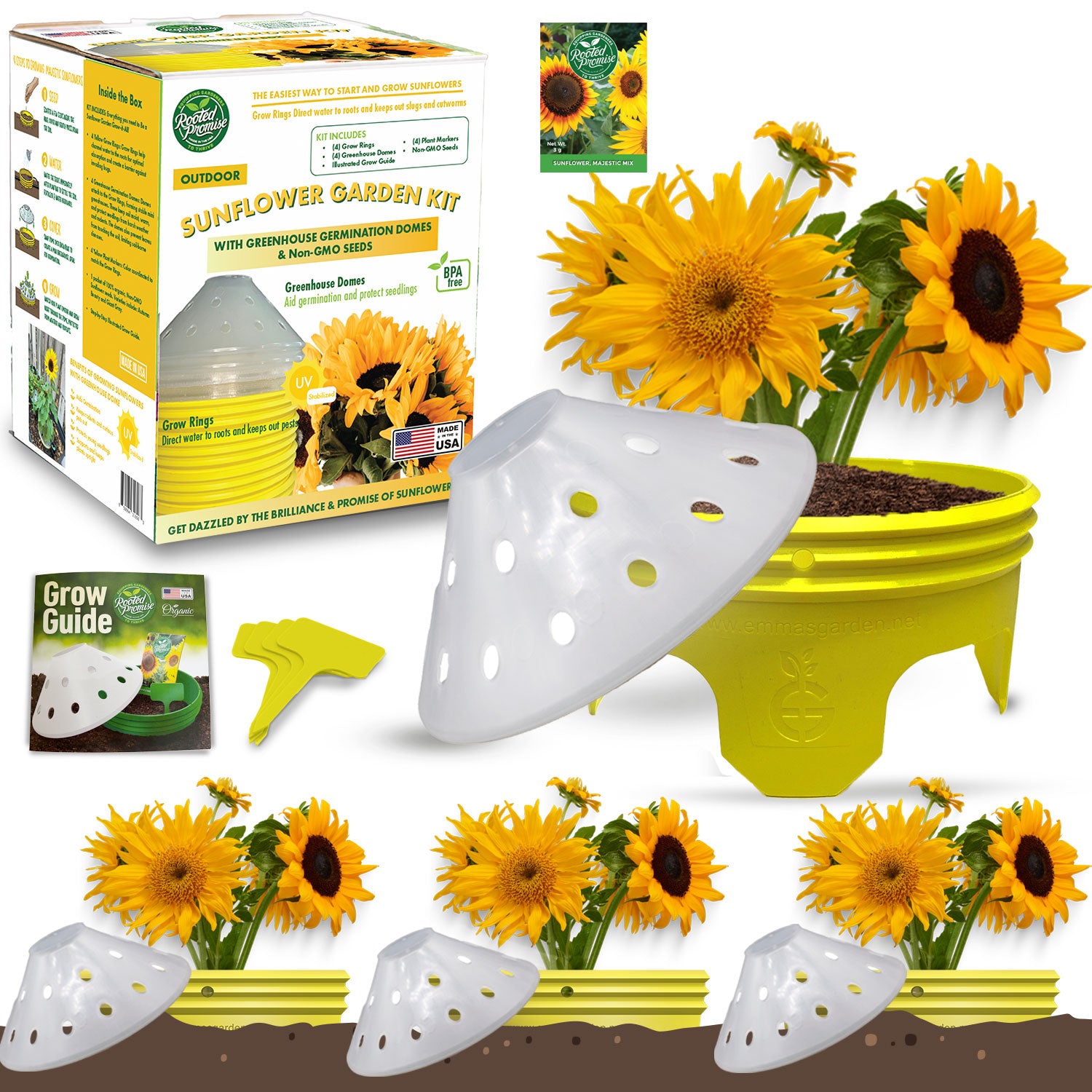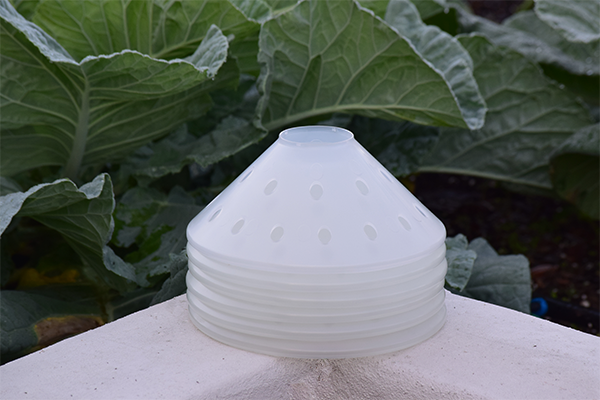Introduction
We believe gardening is a therapeutic and rewarding activity that everyone should be able to enjoy, regardless of physical limitations. In this article, we explore how individuals with disabilities can embrace the art of gardening by using accessible techniques and adaptive tools. We'll show you how to create an inclusive gardening space that fosters growth and joy.
Table of Content
-
The Benefits of Gardening for Individuals with Disabilities
-
Planning an Accessible Garden
-
Adaptive Gardening Tools
-
Raised Beds and Vertical Gardens
-
Community Support and Resources
-
Conclusion and Final Thoughts
The Benefits of Gardening for Individuals with Disabilities
Therapeutic Advantages
Gardening is more than just a hobby; it's a form of therapy. The American Horticultural Therapy Association notes that horticultural therapy can improve physical and mental well-being.
Physical Health Improvement
Engaging in light gardening activities can increase mobility, strength, and coordination. It also encourages outdoor activity, which has numerous health benefits.
Mental Health Benefits
Gardening can reduce stress, enhance mood, and provide a sense of accomplishment. According to the National Institute of Mental Health (NIMH), activities like gardening can be beneficial in managing mental health conditions.
Planning an Accessible Garden
Designing the Layout
When planning an accessible garden, consider pathways that are wide enough for wheelchairs and walkers. Ensure that the ground surface is firm and level to prevent falls.
Choosing the Right Plants
Select low-maintenance plants that are suitable for your climate zone. The USDA provides a Plant Hardiness Zone Map to help you choose appropriate species.
Adaptive Gardening Tools
Adaptive tools can make gardening tasks more manageable. These tools are designed to reduce strain and increase efficiency.
Ergonomic Tools
**Long-handled tools:** Reduce bending and stretching.
**Lightweight tools:** Easier to handle for individuals with limited strength.
**Padded grips:** Provide comfort and reduce hand strain.
Assistive Devices
-
**Garden kneelers:** Offer support when working at ground level.
-
**Rolling seats:** Allow mobility without standing up frequently.
Raised Beds and Vertical Gardens
Benefits of Raised Beds
Raised beds bring the garden closer to you, reducing the need to bend over. They can be customized to various heights and widths to suit individual needs.
Vertical Gardening Solutions
Vertical gardens maximize space and minimize the need to reach across large areas. Wall-mounted planters and trellises are great options.
Community Support and Resources
Community organizations often offer programs and resources to assist individuals with disabilities in gardening. Joining a local gardening club can provide support and camaraderie.
Online Communities
There are numerous online forums and groups where gardeners share tips, tools, and encouragement. Websites like GardenWeb offer valuable insights and community support.
Key Takeaways
-
Gardening offers numerous physical and mental health benefits for individuals with disabilities.
-
Planning an accessible garden involves thoughtful design and plant selection.
-
Adaptive tools and raised beds make gardening tasks more manageable.
-
Community resources and online support can provide additional assistance and inspiration.
FAQs
What are some easy-to-grow plants for beginners?
Herbs like basil and mint, as well as vegetables like lettuce and radishes, are great for beginners due to their low maintenance requirements.
How can I find local gardening clubs or resources?
Check with local community centers, libraries, or online platforms like Meetup to find gardening clubs in your area.
Are there specific grants available for accessible gardening projects?
Yes, organizations such as the USDA offer grants for community gardening projects that include accessibility improvements.
Conclusion and Final Thoughts
Gardening is a universal joy that should be accessible to everyone. By implementing adaptive tools, designing accessible spaces, and leveraging community resources, individuals with disabilities can experience the full benefits of gardening. Let your garden be a testament to resilience and growth, a place where limitations turn into possibilities.
The seeds you plant today will bloom into tomorrow's garden of hope and health. Embrace the journey, because every garden tells a story—and yours is just beginning.
```











